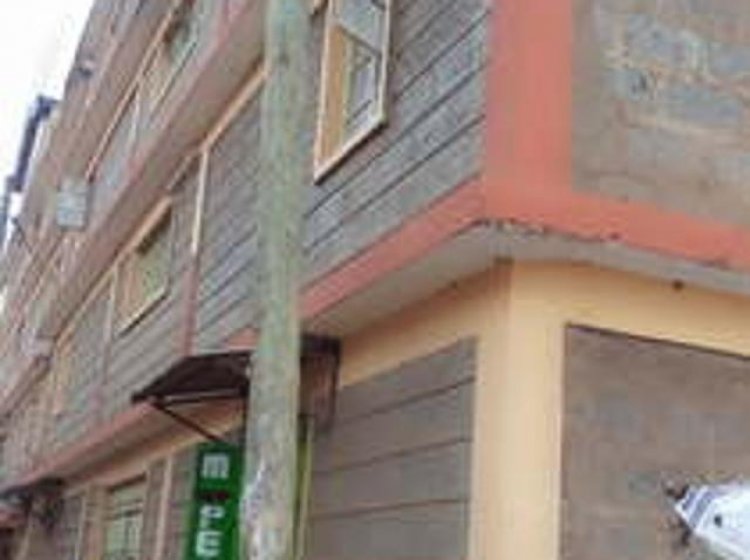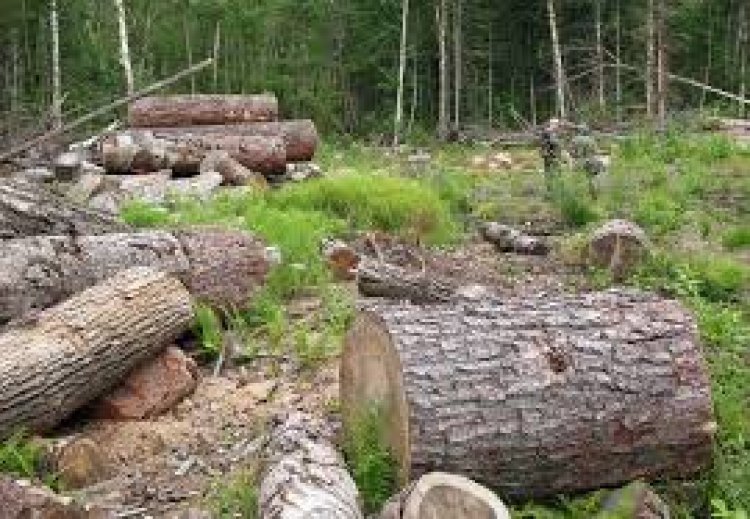Real Estate Business Boom in Kenya: Sustainable Environmental Conservation Implications
A keen evaluation of the real estate industry reveals an increase in residential apartment investments. The changes are evident in urban centers, including Nairobi, Mombasa, Kisumu, Eldoret, Nakuru, Naivasha, Voi, Thika, Guthurai 45, Roysambu, Pipeline, Embakasi, etc. Some people will argue that the real estate business investment boom is because of increased rural-urban migration and globalization. Others attribute it to the wanton looting of public resources.

A keen evaluation of the real estate industry reveals an increase in residential apartment investments. The changes are evident in urban centers, including Nairobi, Mombasa, Kisumu, Eldoret, Nakuru, Naivasha, Voi, Thika, Guthurai 45, Roysambu, Pipeline, Embakasi, etc. Some people will argue that the real estate business investment boom is because of increased rural-urban migration and globalization. Others attribute it to the wanton looting of public resources.
While their arguments could be right, the main reason is the increasing human population. Teenage pregnancy contributes to the increased birth rate in Kenya, which highlights moral decay. Cases of schoolgirls in cities and rural areas dropping out of school due to early pregnancy are rampant. Some rural girls end up in the Cities and get employed as maids to support their kids, whereas others enter into early marriages.

The increased need for better living standards has made many people migrate to the urban centers looking for jobs. As a result, it has created a business opportunity. Different companies, organizations, and individuals, including musicians, athletes, and politicians, have ventured into the real estate industry. For business owners, it is a lucrative venture with assured income generation. However, for natural resources, it exerts a lot of pressure regarding supporting human life. Hight birth rate means more individuals to feed and develop.
Human population growth, amplify the demand for food, water, shelter, clothes, and other social amenities. According to the World Bank data, Kenya’s annual population growth rate is 2.3 percent, highlighting the need for more space. Notably, the 2019 population and census revealed that the country has 47.6 million citizens. Consequently, natural resource destruction has escalated, altering the ecological potential.

Natural ecosystem destruction has led to climate change impacts, including flooding, drought, famine, hailstorms, viral diseases, locust invasions, invasive species, etc. However, adherence to corporate governance principles, starting with birth control measures, will enable companies, organizations, families, and individuals to work together and ensure sustainable development.
Sustainable natural resource utilization is vital in achieving social-cultural and economic growth aspirations. Therefore, collective environmental conservation action, through the devolved governments, must be ensured.


























